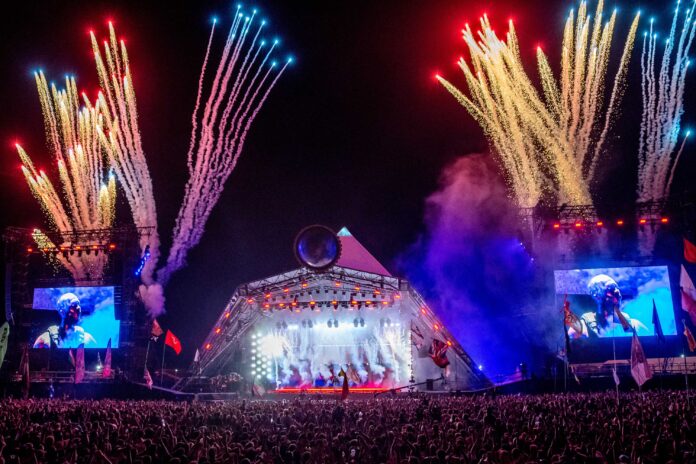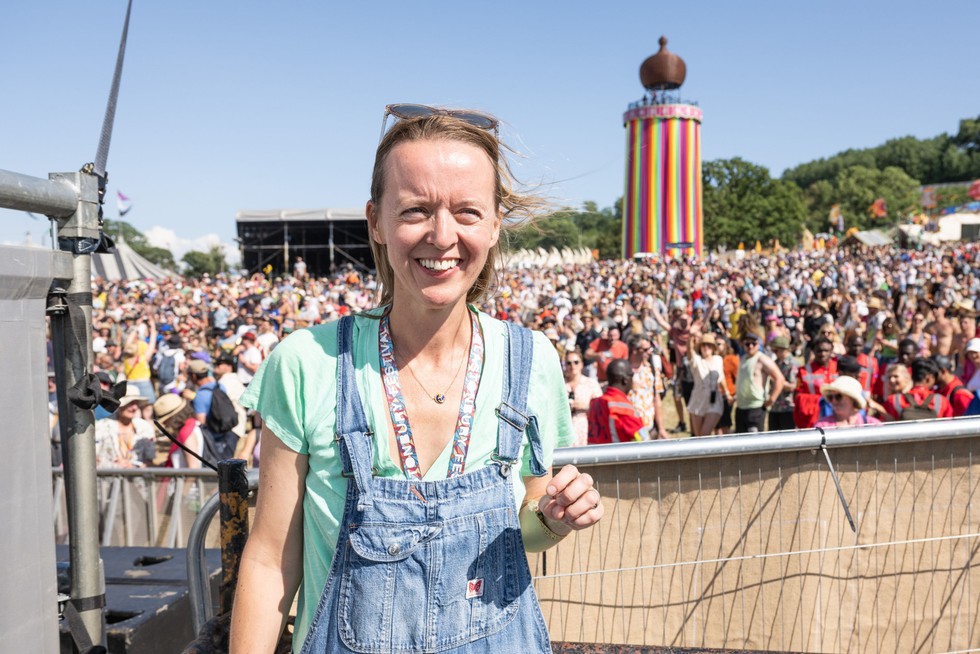
Glastonbury Sold Fewer 2025 Tickets To Curb Overcrowding
The legendary Glastonbury Festival—long regarded as one of the most iconic and highly anticipated music events in the world—has consistently drawn massive crowds. Known for its eclectic lineups, free-spirited energy, and cultural significance, the festival consistently ranks among the most entertaining on the planet. But in 2024, its success reached a tipping point.
Over 210,000 music lovers poured into the festival’s 150,000-acre grounds, making Glastonbury the most densely populated place on earth during its five-day run. While such a turnout stands as a glowing testament to its global appeal, it also revealed a serious flaw: there wasn’t enough space.
Overcrowding plagued nearly every corner, from the main stages to walkways and campsites. Attendees, whether hardcore ravers, casual fans, or tech-savvy experience seekers, struggled to navigate the sea of people. The sheer density not only affected mobility but also comfort and safety, sparking widespread criticism.
Festival organizers, however, didn’t turn a blind eye. Listening closely to feedback, they acknowledged the problem and began working on a solution. Their answer? Reduce the number of tickets sold.
A New Strategy: Reducing the Crowds

In an interview with Annie Mac and Nick Grimshaw on their BBC podcast Sidetracked, Emily Eavis, the co-organiser of Glastonbury, revealed that the festival has sold “a few thousand fewer tickets” for the 2025 edition. The aim is to reduce overcrowding and bring back the fun and comfort that should be the heart and soul of such an event. The intention is not to exclude potential festival-goers but to enhance the experience for those who do attend.
“They’re going completely the opposite of everything they’ve done in the past. They’re going full trees and green space – what we’ve done is we’ve added a field next to it.”
“I suggested that they make some space for the public there because I think it’s really important to try and make space, particularly in the southeast corner, because it gets really busy at night.”
This decision might seem drastic, especially for a festival that’s always been known for its grand scale. But it’s a decision born out of necessity. The festival organisers are putting the fans’ comfort and enjoyment above everything else. They’re prioritising quality over quantity, choosing to offer a better experience to fewer people rather than cramming as many people as possible into the festival grounds.
It’s a bold move, but it’s also a smart one. It’s a decision that shows that Glastonbury’s organisers aren’t afraid to make tough decisions if it means improving the festival experience. They’re willing to take a hit on ticket sales if it means the fans will have a better time. And in the end, isn’t that what music festivals are all about?
Change is never easy, but it’s often necessary. And in the case of Glastonbury, it seems like the changes are both necessary and positive. By selling fewer tickets and revamping the festival grounds, the organisers are showing a dedication to improving the festival experience. They’re putting the fans first, and that’s something we can all get behind.
So here’s to Glastonbury 2025. It may have fewer attendees than previous years, but it’s set to be a better experience for everyone involved. Let’s wait and see what the festival has in store for us.



